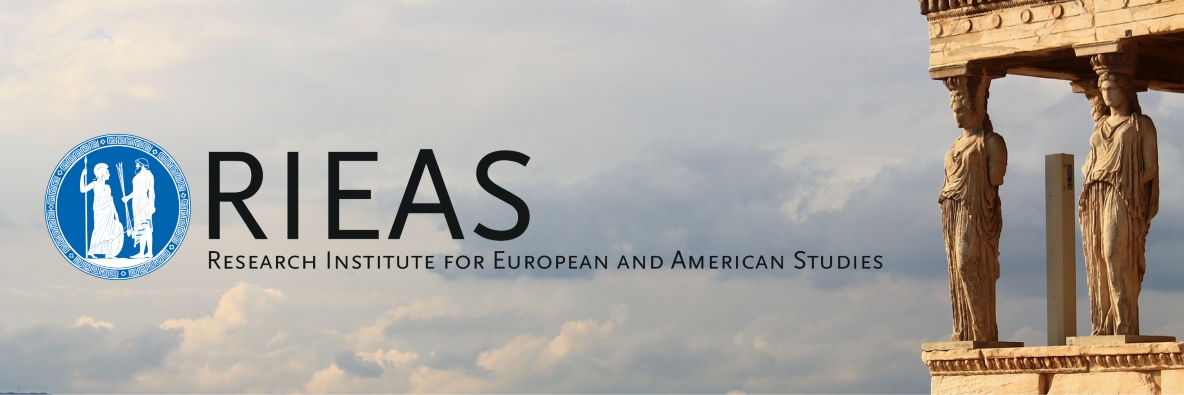 Zhyldyz Oskonbaeva
Zhyldyz Oskonbaeva
(RIEAS Senior Advisor & Eurasian Liaison)
Copyrights: www.rieas.gr
The more followers you have, the stronger is their belief in you. The more believers you have, the greater your chances of getting elected. With both you can rule the nation. The difference between the two is that believers will fight for their cause. This forms the basis for real power (From author).
The influence of religion is such that power, order and government perceive their effects as a stabilizer on society as well as the legitimation of their rule. Depending on the history, the state depends on a society that is moral, consistent and trusting in their institutions. As decision makers, real power ensures that their decisions will be both supported and followed by society. From the very beginning of society, religious institutions fought for “believers-parishioners.” As a result, politics borrows from religion in that it is a secularization of bureaucratic competencies formally entrusted to an absolute ruler ‘personally’ chosen by a supreme being and counseled by his representative on earth – embodied as the senior religious leader. Sometimes this symbiotic relationship is equal, sometimes dependent upon the other but always it is both visual and implied. What both understand is that power is expressed in numbers which is something they both need.
 Ioannis (John) M Nomikos
Ioannis (John) M Nomikos

 Zhyldyz Oskonbaeva
Zhyldyz Oskonbaeva  Stathis Katopodis (MA)
Stathis Katopodis (MA)
